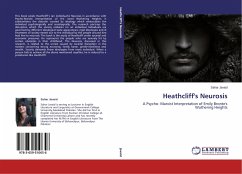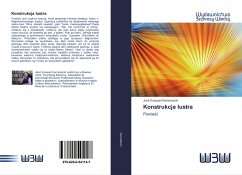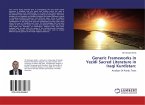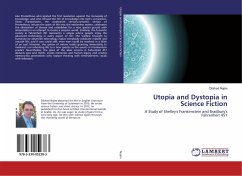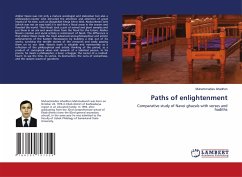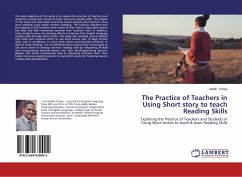This book posits Heathcliff's (an individual's) Neurosis in accordance with Psycho-Marxist interpretation of the novel Wuthering Heights; it substantiates the disorder created by ideology which emasculates the individual psychologically and sociologically. The research portrays the disruption which the society embarks on an individual. Individuals are governed by different ideological state apparatuses; rigid ideologies and ill treatment of society meted out to the individual by the people around him lead him to neurosis. The book is the study of Heathcliff under societal and economic pressures. He represents the people who are severely hit by certain obstacles in their childhood. The Neurosis, discussed in this research, is related to the unrest caused by societal disruption in the matters concerning strong economy, family name, gentle-manliness and wealth. Society demands these ideologies from every individual. When a person fails to achieve all the above mentioned royalties, he is reduced to a proletarian like Heathcliff.
Bitte wählen Sie Ihr Anliegen aus.
Rechnungen
Retourenschein anfordern
Bestellstatus
Storno

